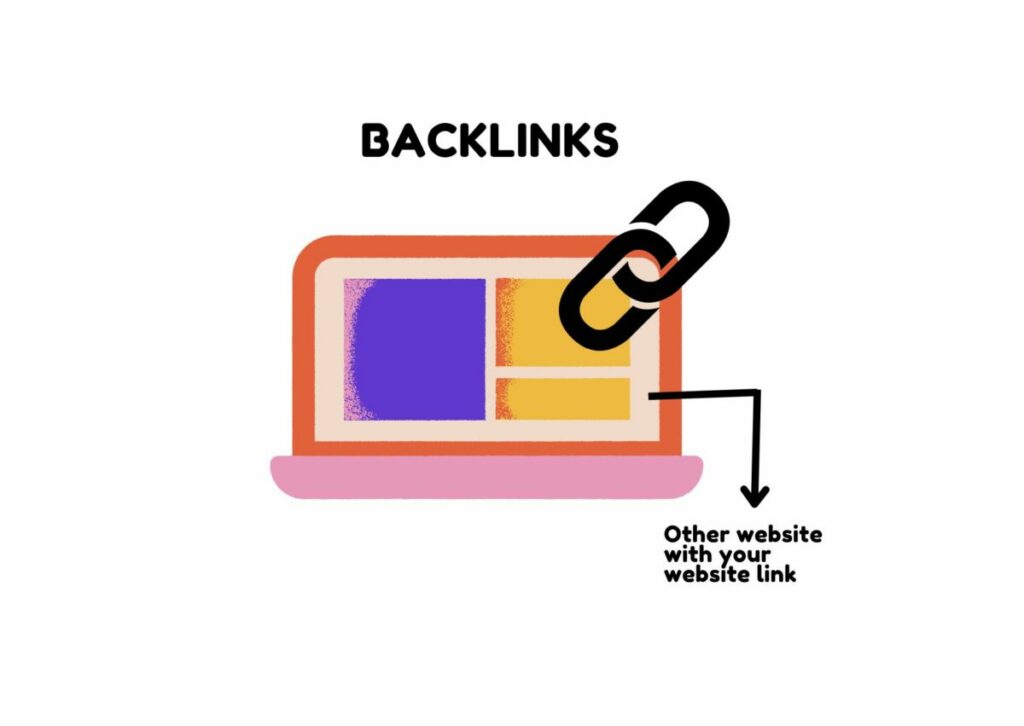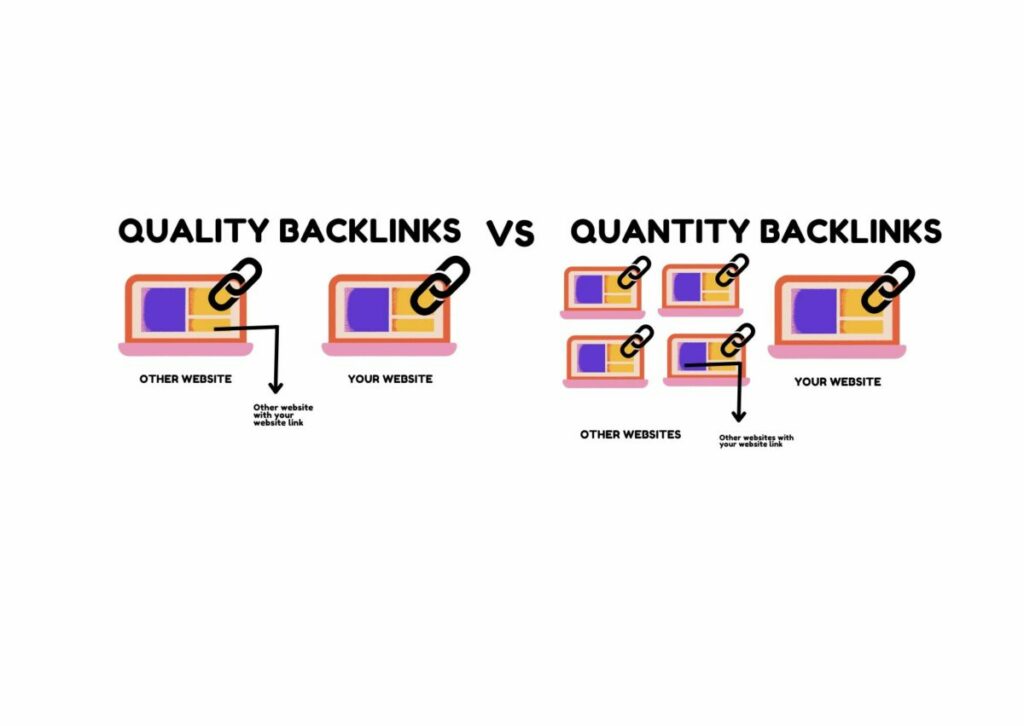When you are planning to buy backlinks, it is very important to play smart and make a wise call. Any kind of market has its own share of good products and services and bad ones. Likewise, with backlinks, there are some good service providers, whereas there are a good number of bad ones as well. It is best to buy backlinks smartly.

Considering that you will buy backlinks to ensure that your page ranking builds up and you get a good amount of traffic, which makes it wise that you choose accordingly.
Traffic building is what any backlink service will provide you with. However, how far they get successful and what results you are presented with is the question to ask. The way most backlink services present themselves, it would be very hard to judge which ones are good and what are bad.

For the amount of money you are going to spend, it is very important that you get services of that quality.
Buy Backlinks from a reputed source. When you are buying them, make sure you don’t just buy any backlink that comes your way; buy or create a standard number.
If you want to increase the number, do so in a period of a month or so, nothing before that. If you create too many backlinks, then there could be a possibility of your website being banned from the search engine’s end.

There is not any risk with backlinks, but you need to be sure of taking the right step at the right time. If you have enough experience, then all of this becomes a piece of cake for you because you have already faced such a thing. But, for a beginner, it may turn out to be a huge deal because he or she wouldn’t know what to do when.
If you are experiencing a similar situation, then it is better you seek advice from an expert. The cost for his services may be extra, but it will be all worth it, as you wouldn’t have to do much as all of it would be taken care of by the expert. If you square down your choice to a known expert, then you certainly have a smooth road ahead.
Related Resources

